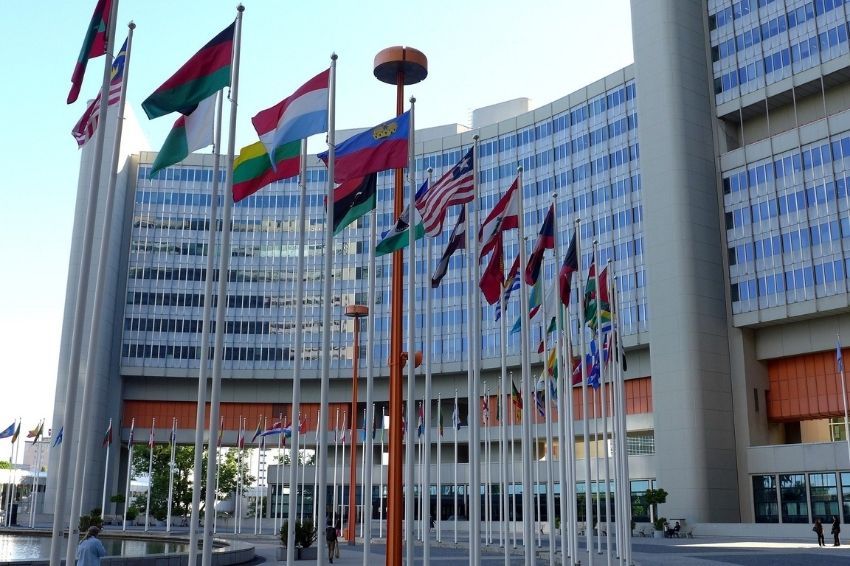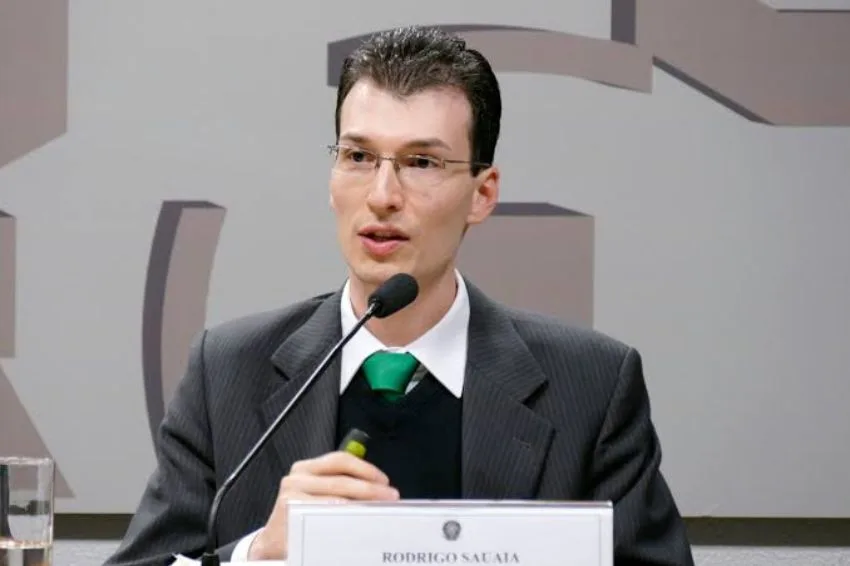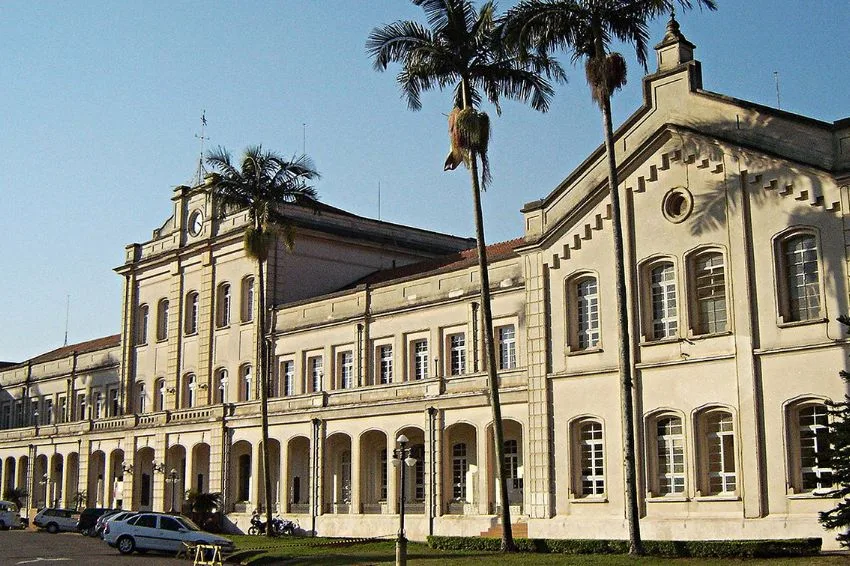Brazil is one of the countries that signed with the UN (United Nations), in 2015, a global pact in favor of Agenda 2030 – action plan with 17 sustainable development objectives, made up of 169 goals to be achieved by the end of the decade.
After almost half of this period, the country seems far from fulfilling the agreement, as the current scenario is one of stagnation and, if not, a setback in the implementation of several items of the global plan.
This is what a study published by Civil Society Light Report and which involved the work of 106 specialists in sustainable development, in order to express a multidisciplinary and holistic analysis of the progress of Brazilian agendas on the international agenda.
According to the research, one of the examples that the country is far from achieving the agreed goals is in objective number 7, related to clean and affordable energy, in which the lack of perspective in ongoing projects begins with the lack of updated and reliable data. About the subject.
The aforementioned objective sets the goal: “to ensure reliable, sustainable, modern and affordable access to energy for everyone”. However, according to the report, all five planned goals are unlikely to be achieved within the deadline agreed with the UN.
The survey shows that goal 7.1 (universalization of access) is threatened. In turn, 7.2, which involves increasing the share of renewable energy, is stagnant. The objective of doubling energy efficiency (7.3) was classified as being in a retrograde stage.
The fourth goal proposes the establishment of international cooperation (7.a), an item on which the Luz Report team did not find data that would allow any type of assessment to be made. In other words, it is not known at what stage the objective is.
The fifth and final goal, related to the technological modernization of infrastructure to provide sustainable energy services, is making insufficient progress to be achieved by 2030.
What are the reasons why Brazil is poorly rated?
The national renewable energy market has been growing and Brazil practically doubled its installed DG capacity from 2020 to 2021, which will probably triple in 2022. So why is the country rated poorly in research in this regard?
To answer this question, the Solar Channel spoke with Roberto Zillis, professor and researcher at IEE-USP (Institute of Energy and Environment of the University of São Paulo). Check out the teacher's answers to each of the five items in objective 7 of the 2030 Agenda.
7.1 – By 2030, ensure universal, reliable, modern and affordable access to energy services
Why are we far from the goal?
Roberto Zillis: “The universal guarantee is stagnant in Brazil, because the concept involves bringing and offering access to energy for all people. That doesn't happen today. We even have initiatives like More Light for All Program, which takes money from the CDE account (Energy Development Account) and subsidizes companies to do what the concessionaires were legally obliged to do (bring energy to everyone in their concession area). However, these initiatives are still very timid, so much so that today we have several riverside and quilombola communities without electricity in several states, from São Paulo to the North of the country”.
7.2 – By 2030, substantially increase the share of renewable energy in the global energy matrix
Why are we far from the goal?
“The increase in the share of renewables in the energy mix is also quite stagnant, although the share of sources such as wind and solar is growing. However, at the same time, we are reducing the input of hydroelectric plants and increasing the amount of polluting sources, such as thermoelectric plants and the like. In other words, proportionally, we have stagnation.”
7.3 – By 2030, double the global rate of improvement in energy efficiency
Why are we far from the goal?
“In terms of energy efficiency, we have important programs that are on hold, such as Procel (National Electric Energy Conservation Program) and the PBE (Brazilian Labeling Program). Today, unfortunately, there is no campaign for the rational use of energy in the country.”
7.a – By 2030, strengthen international cooperation to facilitate access to clean energy research and technologies, including renewable energy, energy efficiency and advanced and cleaner fossil fuel technologies, and promote investment in energy infrastructure and technologies clean energy
Why are we far from the goal?
“In international cooperation there are no comments, we are completely at a standstill. There is nothing to comment on (remembering that the Luz Report also did not find data that would allow any type of assessment to be made)”.
7.b – By 2030, expand infrastructure and modernize technology to provide modern and sustainable energy services for all in developing countries, particularly least developed countries, small island developing States and landlocked developing countries , in accordance with their respective support programs
Why are we far from the goal?
“In terms of Infrastructure and updating technologies, the assessment is that we are stagnant, although we are currently a country that is doing very well in terms of expanding solar and wind sources in the electrical matrix”.
Solar as one of the solutions
In summary, Zillis assesses that Brazil has the conditions to achieve its goals. However, it highlights the need for federal, state and municipal governments to offer more incentives for programs that value the use and promotion of renewable energy, such as solar and wind, among the population.
The professor also mentioned as an important point: improving current credit conditions for consumers and communication/educational campaigns within society. “It has been a few years since we have had campaigns to encourage the rational use of energy, the exchange of efficient light bulbs and equipment”, he explained.
Regarding the role of solar energy in the country's transformation, Zillis pointed out that the source will be fundamental. “It has great potential for changing the behavior and habits of the population, as it is allowing innovation in how we consume and produce electrical energy in our country. It is a source that, without a doubt, will create favorable boundary conditions for the modernization of the electricity distribution and consumption system”, he concluded.
Other objectives of the 2030 Agenda
In the other objectives of the 2030 Agenda, the Brazilian stage is classified as discouraging by the survey. The point of the list which deals with measures to combat global climate change, for example, has four of the five goals classified as “setback”.
According to the study's analysts, the interruption of government programs, the publication of standards that make environmental protection more flexible and the relaxation of inspection are cited as the main reasons for the unsatisfactory result.
Additionally, all ten goals related to life in the water – which includes ocean conservation and sustainable use of marine resources – showed no progress compared to 2015.
Of these ten, four are in a “retrograde” stage, another five are “stagnant” and only one is in a stage considered insufficient to be completed by the end of 2030.
“The country does not have a national system for monitoring fisheries, which makes sustainable management of living marine resources impossible, further aggravating the health and vulnerability scenario in coastal and riverside communities”, highlights the report.

















